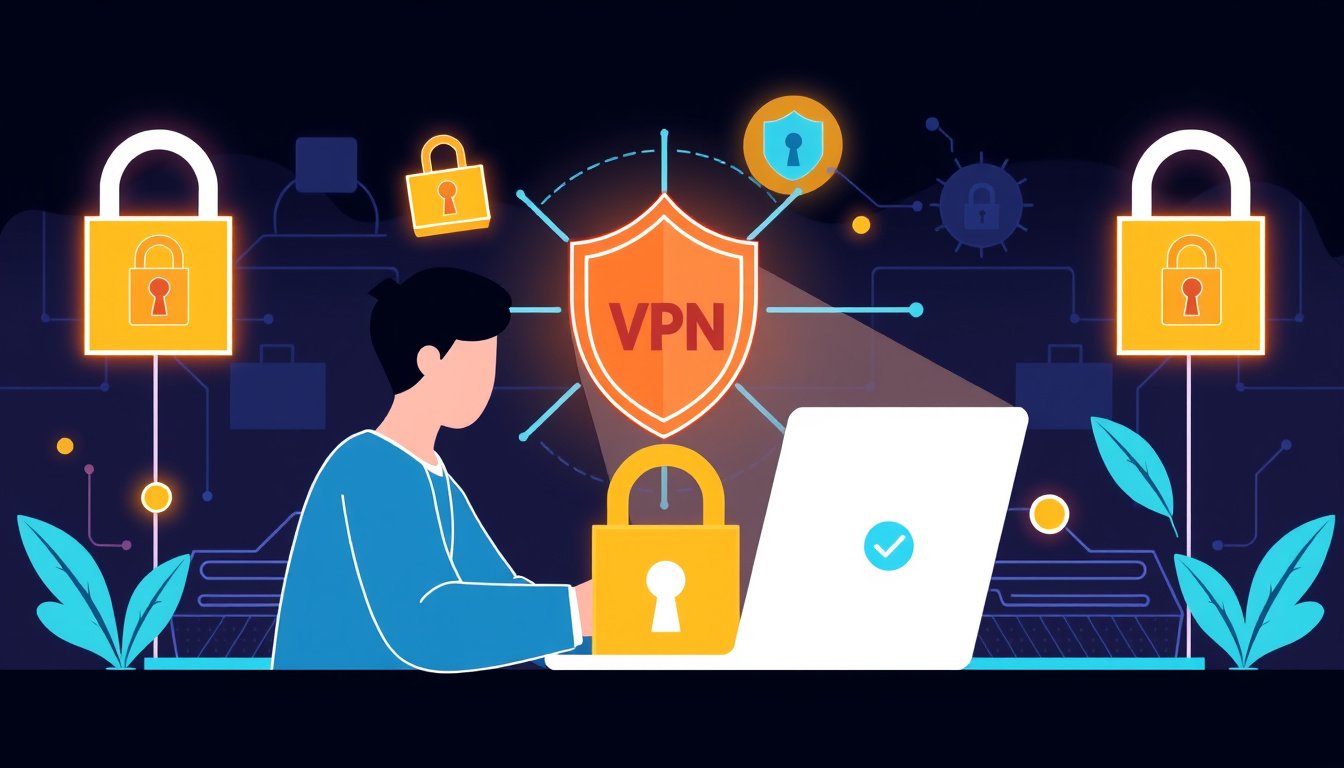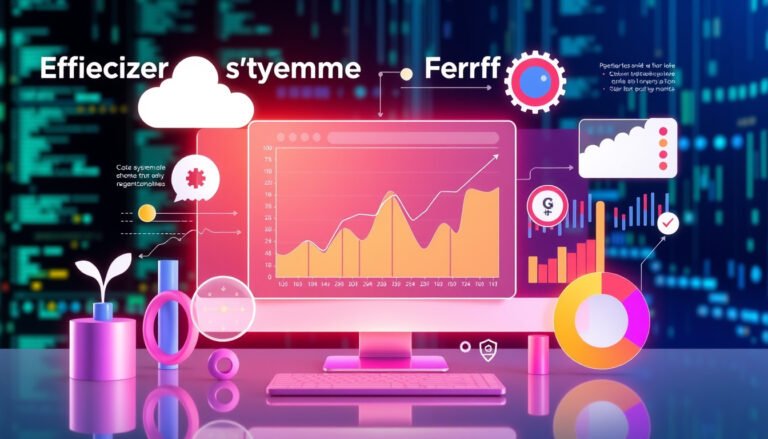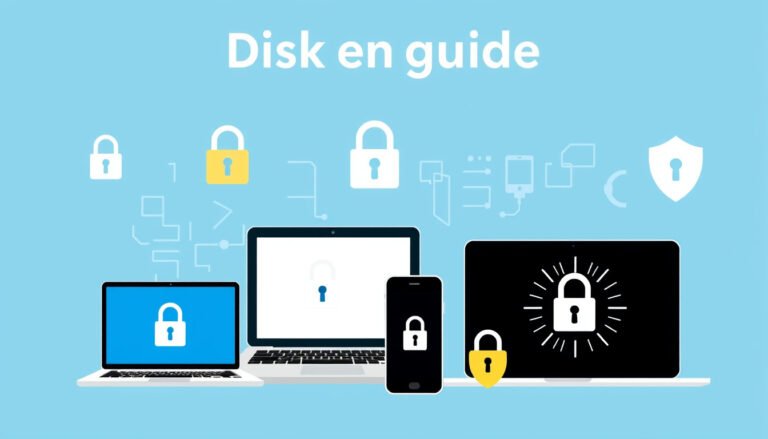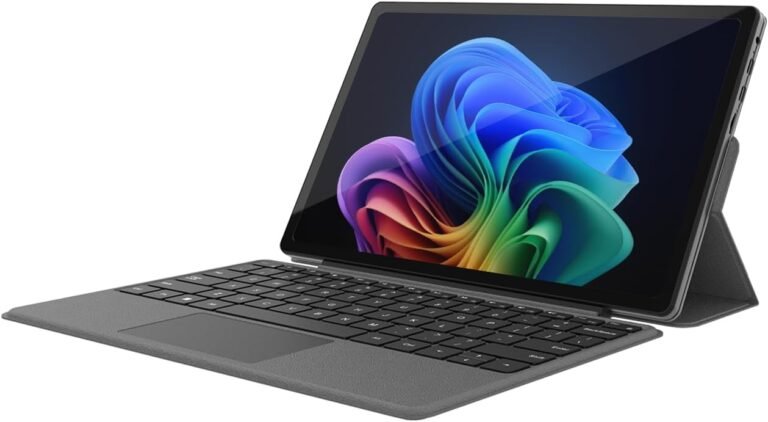
In an increasingly connected world, online security has become a paramount concern. Data breaches, cyber espionage, and privacy invasions are on the rise, prompting users and organizations alike to seek effective solutions to protect their digital presence. One commonly suggested tool in this fight for online safety is the Virtual Private Network (VPN). But how exactly does a VPN work to enhance security? Is it the right choice for everyone? This guide dives deep into the security benefits of using a VPN, how it functions, its role in access control, and considerations to keep in mind.

What Is a VPN and How Does It Enhance Security?
A Virtual Private Network (VPN) creates a private, encrypted connection over a public internet infrastructure, such as your home Wi-Fi or a coffee shop hotspot. Essentially, it extends a private network across a shared or public network, enabling your device to send and receive data as if it were directly connected to a trusted private network.
Encryption: The Core of VPN Security
The primary security feature of a VPN is its use of encryption protocols—commonly IPsec or SSL/TLS—to scramble the data transmitted between your device and the VPN server. Encryption works like a secret code: data is transformed from readable information into an unintelligible format that shields it from anyone who might intercept it along the way.
For example, if you’re accessing sensitive corporate databases from home, all your requests and data responses are encrypted, preventing malicious actors at any intermediary point on the internet from reading or altering your data. Even if an attacker infiltrates network nodes, they will only see encrypted gibberish rather than valuable information.
Protecting Privacy Over Public Networks
Public Wi-Fi networks are notorious breeding grounds for cyber threats. Without protection, your internet activity on such networks can be monitored or exploited. A VPN offers a secure tunnel through these risky networks, maintaining confidentiality of your browsing history, login credentials, and any sensitive communication.
VPNs and Access Control: Managing Who Sees What
Beyond encrypting data, VPNs play a crucial role in managing access to specific online resources. A VPN can be configured to act like a virtual gatekeeper, allowing only authorized users to access internal company servers or sensitive systems.
Think of it like a physical office building with locked rooms (servers). Just as an employee must use a keycard to enter different rooms based on their clearance, users must authenticate through various VPNs to reach corresponding virtual resources. This segmentation helps reduce the risk of unauthorized access and data leaks.
Companies often maintain multiple VPNs, each granting access to different parts of their network. By assigning users to appropriate VPNs, organizations implement layered security, ensuring employees or contractors only reach data relevant to their roles.
Considerations and Limitations of Using VPNs for Security
While VPNs offer significant security enhancements, it is important to understand their limitations and the broader security context.
Potential Single Point of Failure
Once a user connects to a VPN, they generally gain access to all resources available on that network segment. This means if an attacker compromises one VPN account or device, they may breach multiple sensitive areas. Hence, relying solely on VPNs without complementary security measures can expose organizations to risk.
Performance Impacts
Encryption and tunneling add overhead, which can result in slight latency or slower internet speeds. For everyday users, this tradeoff is often negligible, but for high-demand business applications, network optimization is key.
Alternatives and Complementary Solutions
Modern security architectures are evolving beyond traditional VPNs. Concepts like Zero Trust Network Access (ZTNA) and Identity and Access Management (IAM) solutions provide dynamic, context-aware access controls without requiring persistent VPN connections.
Organizations looking for robust remote access security may consider layered approaches combining VPNs with multi-factor authentication, endpoint security, and continuous monitoring.
Best Practices for Maximizing VPN Security
To unlock the full security potential of VPNs, consider these recommendations:
- Use reputable VPN providers or enterprise-grade VPN solutions that regularly update encryption standards and security protocols.
- Implement strong authentication, including multi-factor authentication (MFA), to reduce risk of compromised credentials.
- Segment networks appropriately so users have minimum necessary access.
- Keep VPN software up to date to patch vulnerabilities.
- Monitor VPN usage for unusual activity or access patterns.
- Combine VPNs with broader security strategies such as firewalls, intrusion detection systems, and endpoint protection.
Conclusion
Using a VPN is a highly effective way to enhance your online security by encrypting your data and controlling access to sensitive resources. It protects your privacy over untrusted networks, guards against interception, and plays a vital part in organizational access management. However, VPNs are not a silver bullet. Awareness of their limitations and integration with complementary security measures is essential for achieving maximum protection.
Whether you are a casual internet user wanting safer browsing or a business safeguarding critical assets, understanding how and when to use VPN technology can significantly contribute to your cybersecurity resilience in today’s digital landscape.









